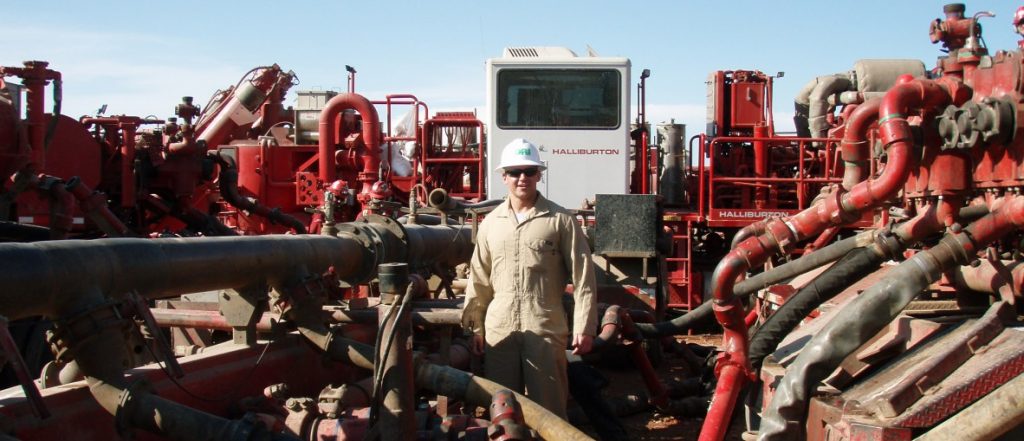MACHINE LEARNINGS
- MICAH L. SIFRY
- October 29, 2015
- 6:04 pm
Big Apps semifinalists; The Electome; Uber Under the Hood; and more.
This is civic tech: The annual NYC Big Apps competition just announced the 2015 semifinalists, in the categories of affordable housing, zero waste, connected cities and citizen engagement. Congrats to several Civic Hall members Melanie Lavelle of the Benefit Kitchen team, Maria Yuan of Issue Voter, and Sanjaya Punyasena of Simpolfy.
The Knight Foundation is giving $648,000 to MIT’s Laboratory for Social Machines for a new campaign analytics project called The Electome. Research scientist William Powers explains the project’s goals: to move beyond the politicians and media’s fixation on the horse race, and to listen more closely to citizen voices and see if candidates and journalists are responding to those concerns. Twitter has given the lab (which it funds) a gift for this project, too–the full firehouse of 500 million new tweets written each day. The project also plans to use data fro Facebook, Reddit and Google searches, and the Washington Post and Mashable will be working directly with it as well.
The Electome could be a transformative project, as a Knight press release outlines: “In development since last spring, the Electome is designed to create real-time, comprehensive map tracking election-related content and show the connections between three main information sources: the media and journalists, messaging from the candidates, and public conversations on social media. It will look to use computer science tools, such as machine learning and natural language processing, to trace the election’s narratives as they form, spread, morph and decline – identifying who and what influences these dynamics and outcomes.”
Two questions from this corner: Will the Electome’s algorithms be open for inspection by others? And will its editorial decisions be open? Let’s hope so. I’ll let you know what I find out.
Democratic presidential candidate Martin O’Malley is taking his civic tech pitch competition to Boston’s District Hall next Wednesday, Jon Chesto reports for the Boston Globe.
Luke Fretwell, the founder of the civic tech blog GovFresh, offers some useful suggestions on how to improve a set of proposals made by the state’s Little Hoover Commission. The bipartisan commission, which is tasked with government oversight, is calling on the governor and legislature to create a new post of chief customer officer along with an internal digital services team. It also wants the state government to focus on open data and human-centered design.The web we want? Writing for Fortune magazine, Mathew Ingram explains how Facebook’s Instant Articles and Twitter’s new Moments feature are jointly killing the web link, and ponders whether that is bad thing. Here’s one reason why it is, as he writes: “because Facebook controls the algorithm that determines what users see or don’t see, then it gets to decide what the news is, and what is important. And that’s a potential problem if Facebook chooses to delete disturbing images or news stories about war and promote peaceful happy stories instead. In some cases, information disappears from Facebook and the social network never explains why.”
Seventy-two feminist and civil rights organizations have asked the US Department of Education to issue guidelines to colleges that would urge them to ban Yik Yak and other anonymous social media apps in the interest of stopping the harassment of marginalized students, Amanda Hess reports for Slate. She argues that this is a dumb idea, and points out that while Yik Yak has been used on campuses by racists and homophobes to target students, it has also been used to quickly rally visible support for suicidal students and victims of homophobia. She also notes that “no social network has been more aggressive about stemming harassment and encouraging community than Yik Yak has.”
Sara Watson of the Tow Center is building an annotated guide to “Constructive Technology Criticism,” and she’s posted it up on Medium so folks can add their comments in the margins.
Uber just launched a policy blog called “Uber Under the Hood” and the Washington Post’s Brian Fung has the preview.


